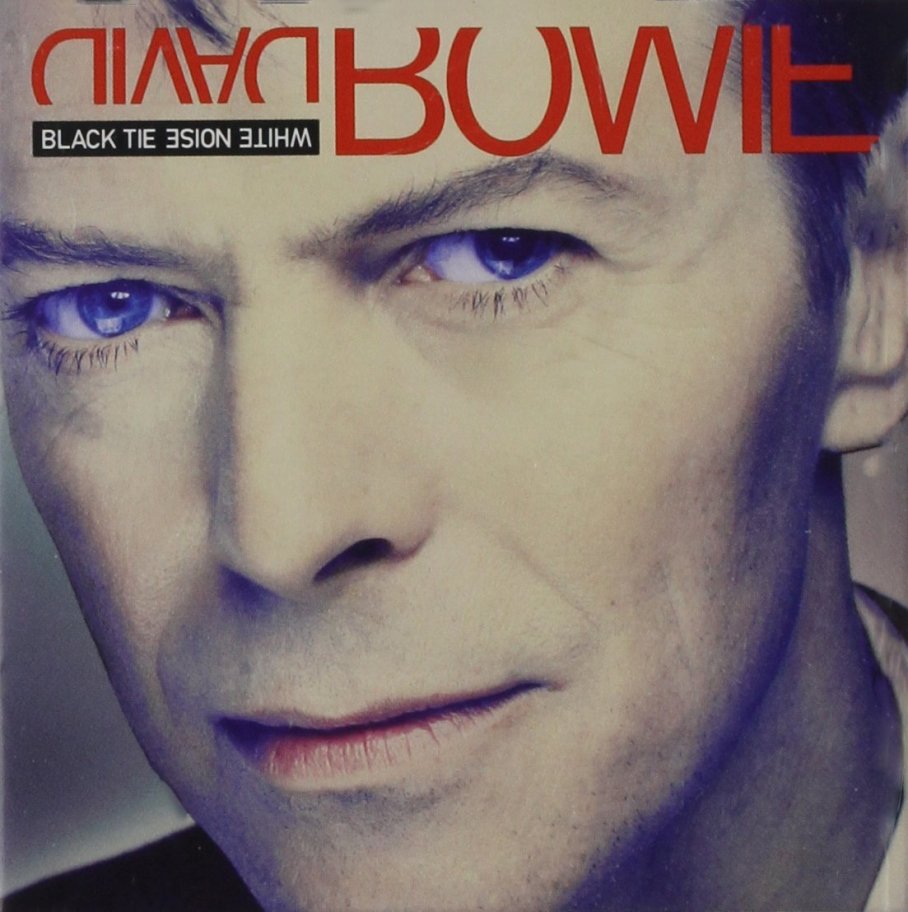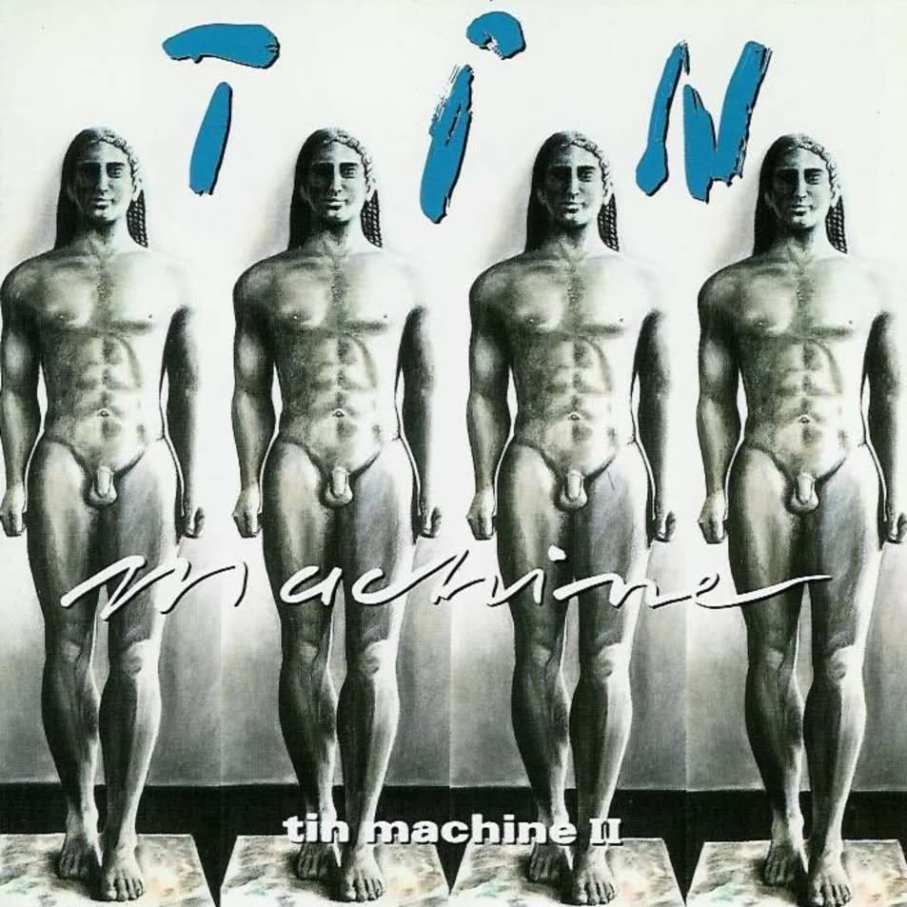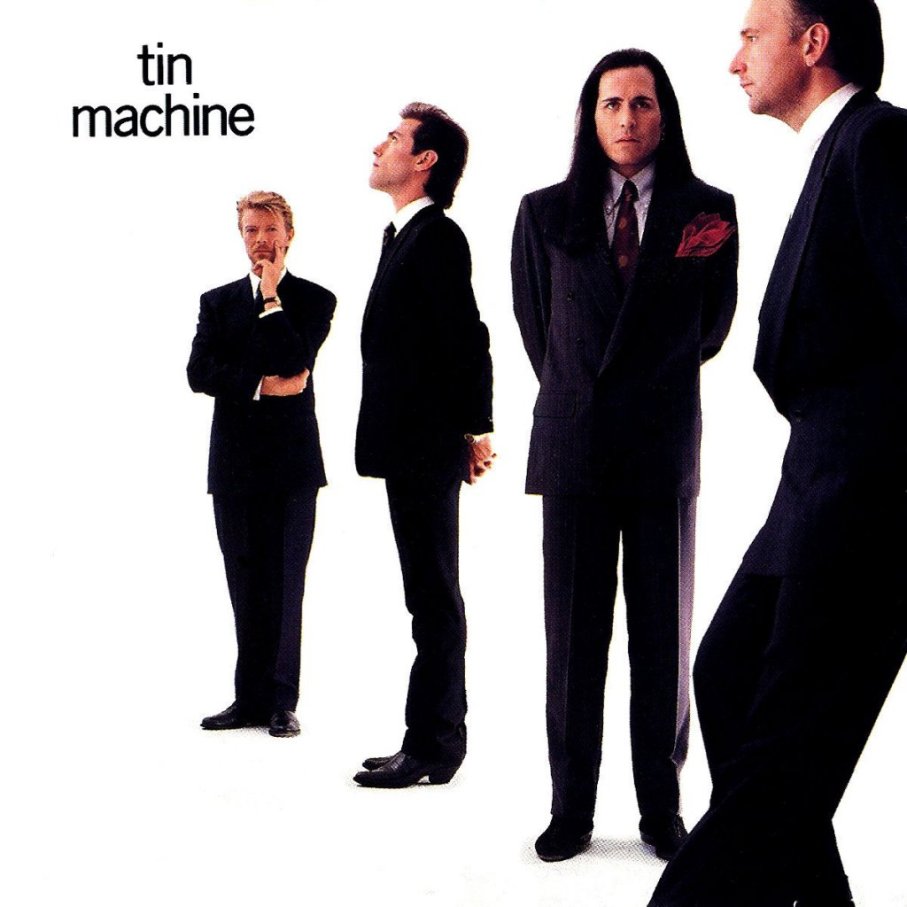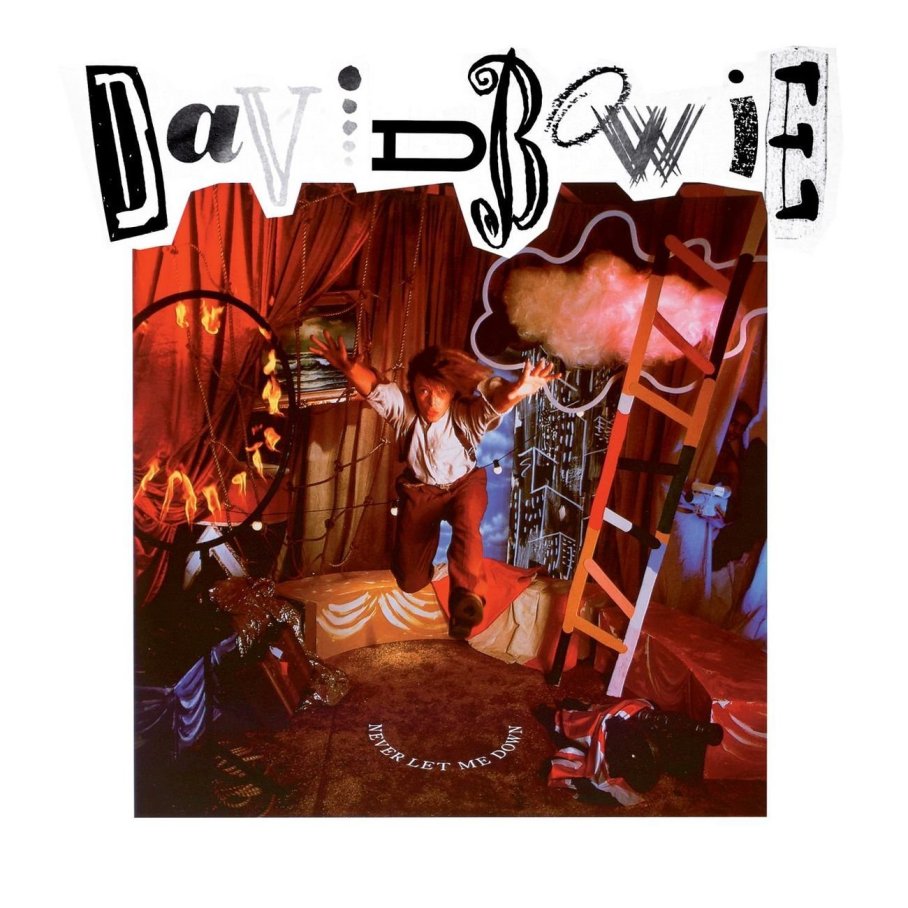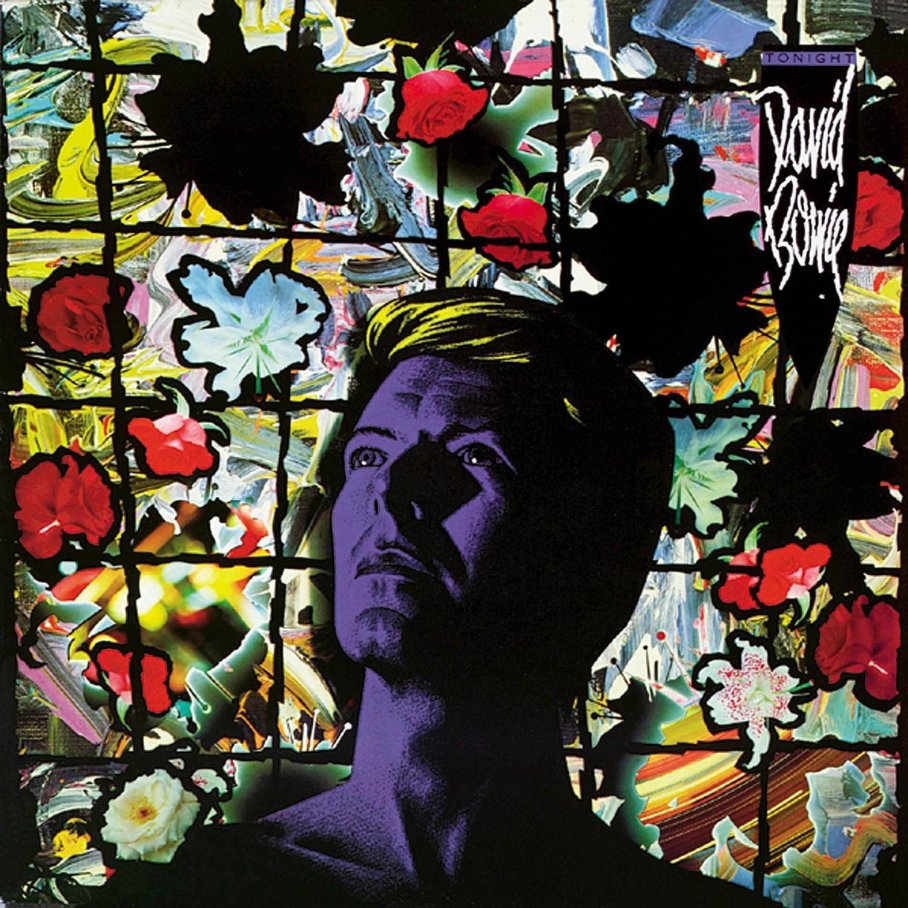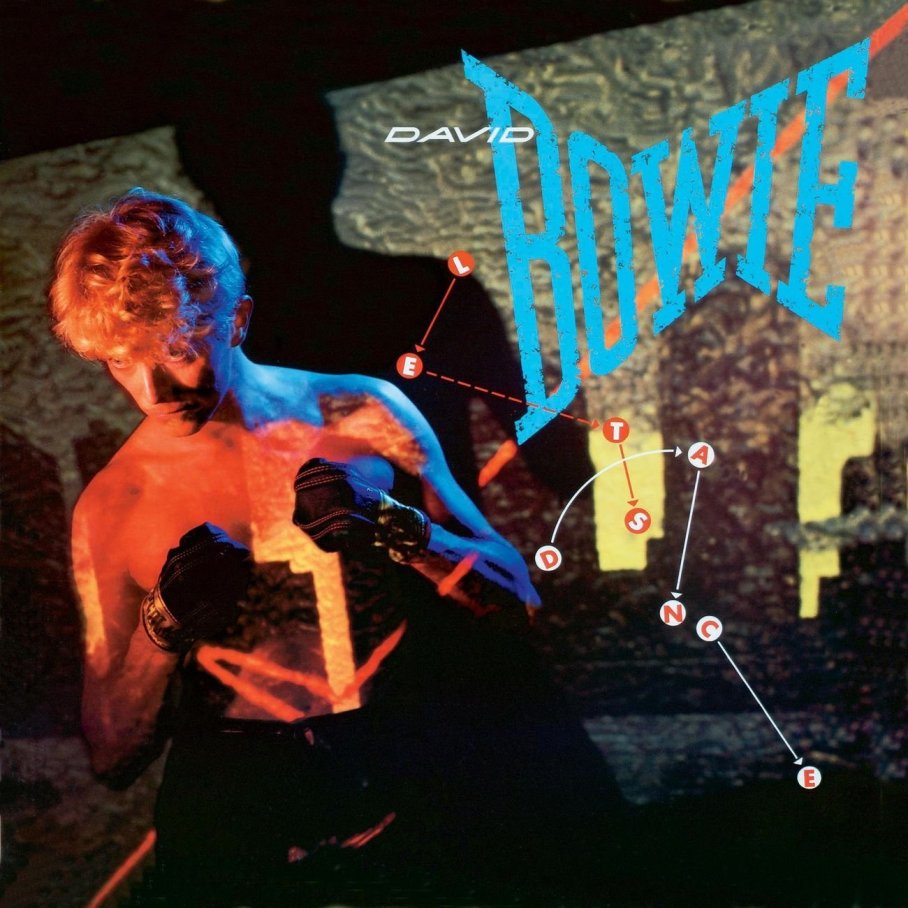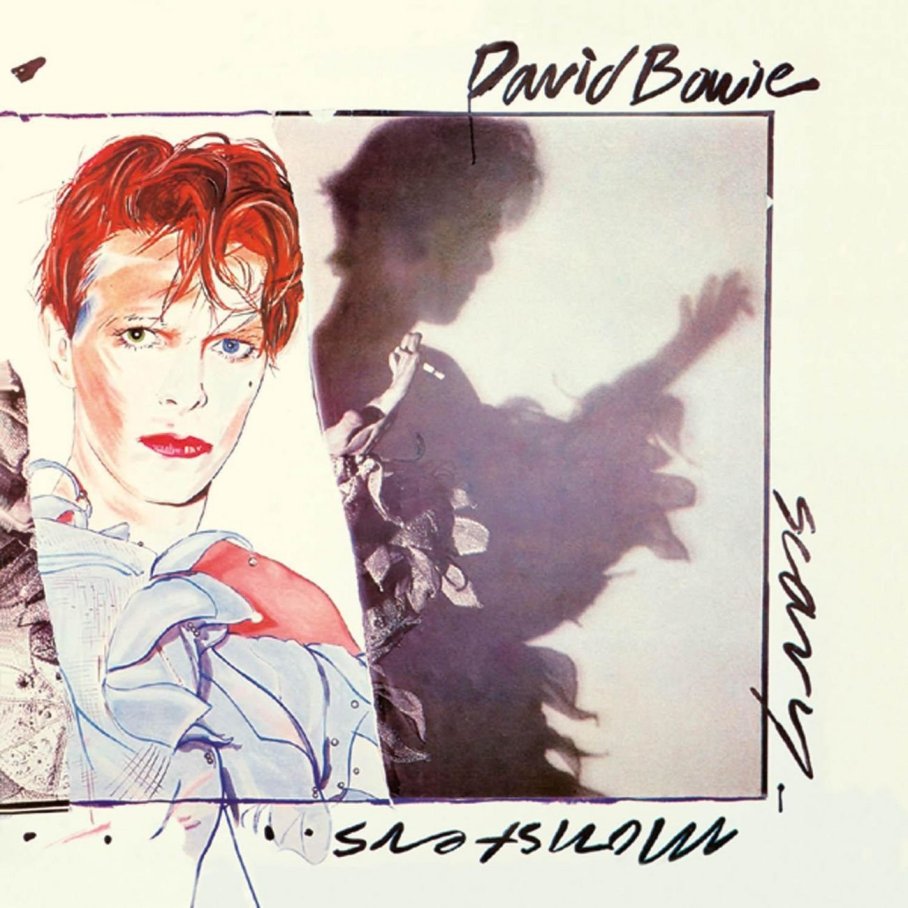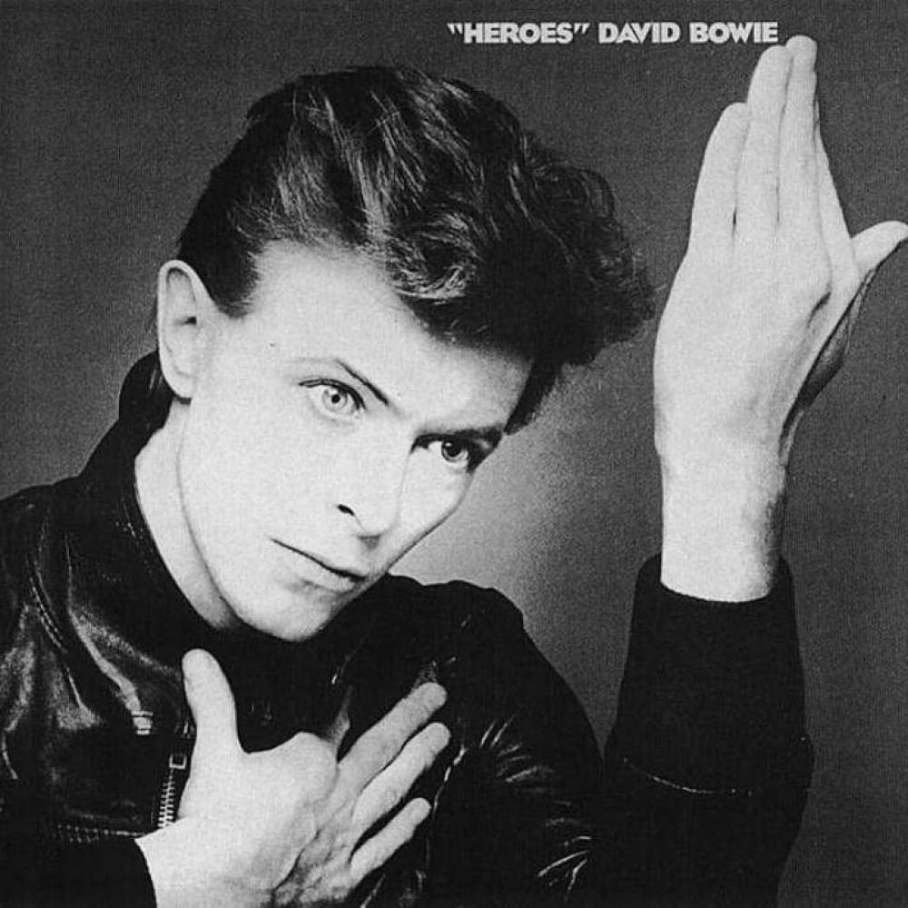
And we’re back.
It feels strange actually listening to this album after intending on writing about it in March. I listened to about 20 minutes of it back then, and only now have i listened to it as a complete whole. I feel like i have been transported back in time, or that i am finally continuing a challenge that i started seemingly long, long ago. My absence was due to work. I got caught up in lots of juicy stuff. Couple of murder mysteries, a few transportation’s to other realms, maybe even some expeditions to discover new, exciting lands. But did i really do these things? That’s for me to know, and you to wonder, my children.
So, without further ado – welcome to Part 2 of this tribute to the man/myth/legend David Bowie.
The Buddha of Suburbia is a soundtrack album for the TV series of the same name. I know nothing about the series, and did no research. I will try and watch it someday though. It is probably Bowie’s least mainstream work, and possibly one of his most underrated.
It is probably one of Bowie’s most experimental albums, with the vast majority of it being solely instrumental, or at least very light on lyrics. The most interesting tracks for me might be the instrumental ones, because of how far away they occasionally are from the canon of Bowie. ‘South Horizon’ could be the closest to Jazz that Bowie ever ventured, with a light, twinkly drum beat stressing that throughout. Plus, most of the instrumentation, such as the sax and the piano sounds come off like Jazz improv. Contrasting that is the electronic beats that appear in the second half of the song. This Acid Jazz mix sounds modern even today, epitomising Bowie’s constant evolution to stay relevant and exciting.
‘The Mysteries’ is possibly my favourite of the songs here. It takes dark, moody ambient sounds, and puts them underneath beautifully ethereal and simplistic guitar. It brings to mind the work of David Lynch, who Bowie was a friend and fan of. It very much has a sound similar to that of Laura Palmer’s theme in Twin Peaks. It is a majestic battle between dark and light in music form.
Probably the albums best quality is just how diverse it is – with some of the songs sounding like alt pop rock, and others sounding like ambient drug trips. The more accessible songs, aka the songs with more lyrics, such as the title track ‘Buddha of Suburbia’, as well as ‘Dead Against it’, and ‘Bleed like a craze, Dad’ are all excellent. Especially Buddha. From the first quiet guitar sound at the start, we get the tone of the whole album – which is that it is tonally inconsistent. The album has so many contrasting sounds, so many fights between happiness and sadness, dark and light, as mentioned previously. The song itself is fun, emotional, and bookends the album at the beginning and end perfectly. ‘Bleed like a craze, Dad’ is also experimental, but has more of a rock’n’roll edge to it. Plus, it’s by far the most catchy song on the album.
Overall, i have a lot of respect for this work, because of the risks it takes. It also has an abundance of great material in it. However, it’s an album for a specific feeling and mood. Listen to it when you’re chilling out, not when you’re gong for a run, let’s put it that way. It’s powerful, it’s emotive, like so much of Bowie’s oeuvre, but it doesn’t particularly stand out to me in his canon. Still excellent work.
Next: 1.Outside
